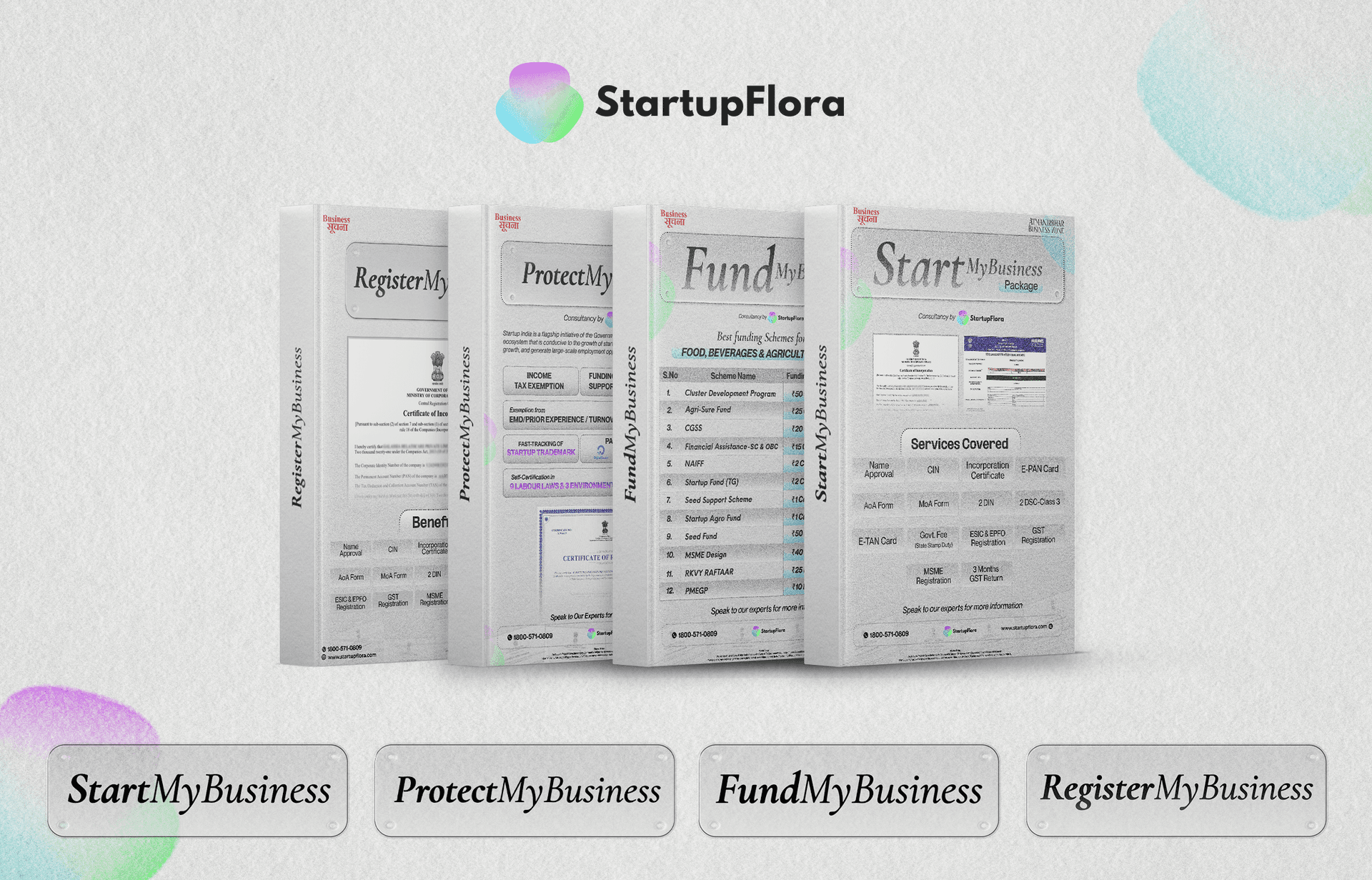The Power of Digital Signatures, Providing Security and Efficiency
Paper-based processes, once the foundation of most administrative and legal transactions, are gradually giving way to their digital equivalents. The growing need, therefore, for secure and reliable means of authenticating and verifying electronic documents has led to the increased use of Digital Signatures.
A digital signature is a virtual equivalent of a handwritten one, but with a critical difference: it makes use of cryptography in order to authenticate, ensure integrity, and provide nonrepudiation for digitally created documents.3 In other words, a digital signature can prove the identity of the sender, while also ensuring that the document has not been changed in any way since it was signed.4 This assurance is critical in today's digital world, where fraud and data breaches are on the increase.


DGFT Digital Signature Certificate
DGFT Digital Signature Certificate is important in the international trade aspect. It is the Indian government's organization that is in charge of regulating foreign trade policy. The DGFT directs online activities related to import and export for it aims to streamline procedures and enhance security through the use of digital signatures.
Importance of DGFT Digital Signature Certificate
The DGFT Digital Signature Certificate is a digital key that enables businesses to access the nuts and bolts of international trade with ease. They can thus:
- Less paper in the bank: Import/Export Licenses can now be filled online without having to manually fill in paperwork, although such a need still remains.
- Submit crucial documents: Shipping bills, bills of entry among other important documents can be submitted electronically and get processed more quickly.
- Access DGFT online services: The Certificate allows the beneficiary to access various online services offered by DGFT, which eases trade procedures and make them more efficient.
Benefits of DGFT DSC
- Less paper in the bank: Elimination of physical documents and manual procedures translates to saving time and resources.
- Improved security: Digital signatures provide a secure mechanism of authentication minimizing the risk of fraud and forgery.
- Improved Efficiency: Streamlined processes and quicker approvals may well enhance operational efficiency.
- Environmental Friendliness: Minimal usage of paper makes the business environmentally friendly.
Delving into Class 3 Digital Signature Certificates
Class 3 Digital Signature Certificate stands as the highest level of digital signature recognized in India.14 It entails a stringent verification process, including the physical presence of the applicant, to confirm their identity and ensure the certificate's legitimacy. This high level of assurance makes it ideal for sensitive transactions and applications.
Class 3 DSC for Individual
An Individual Class 3 DSC can be obtained by individuals for multiple purposes:
- E-filing of income tax return: File your income tax return safely with the Income Tax Department.
- Online banking transactions: Perform safe online banking transactions with fund transfers and bill payments.
- Legal document signing: Sign contracts and agreements using DSC, and it is legally valid.
Renewal of Class 3 DSC:
The certificates are also valid for a specified period in digital signature. This period varies between one to two years. Renewal of Class 3 DSC before its expiry date is important to ensure the smooth continuity of business and will avoid any disruption in online operations.
In short, digital signatures are one of the founding blocks in the digital landscape because they provide a secure and efficient way of authenticating electronic documents and transactions. From individuals to large corporations, embracing digital signatures empowers users to move about in this world with confidence, knowing that their transactions are secure and legally valid. And so, as technology grows, so will the power of digital signatures, shaping a future where trust and efficiency reign supreme in the digital realm.